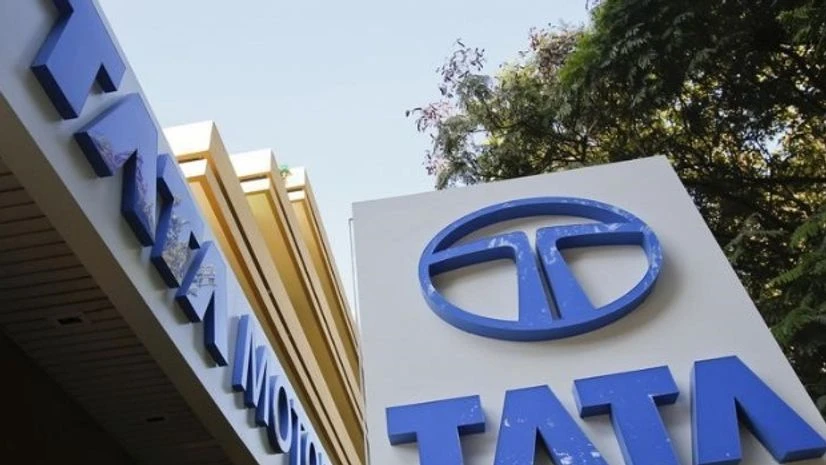Tata Motors may have to make fresh provisions on account of Singur, in the wake of the recent Supreme Court (SC) verdict on the land acquisition process for its Nano project in 2006.
Tata Motors’ latest annual report said during FY15, it made a provision for carrying capital cost of buildings at Singur, which amounted to Rs 309.9 crore.
The figure, however, excluded other assets (including electrical installations, etc.) and expenses written off/provided in earlier years, security expenses, lease rent and claim for interest on the whole amount.
A petition filed by the company in 2011 in the Calcutta High Court said its losses were around Rs 1,400 crore.
This includes investment on the ground taken over by the government and various costs and losses such as value of land rights and goodwill, transportation, mothballing the entire plant, which required over 3,300 large trucks to carry the materials, rehabilitation and resettlement of various vendors, cost of retaining the land and the security thereof as compensation.
A company spokesperson, on being asked whether the company would have to make fresh provisions, said, “Our case is listed before the SC and the matter is sub-judice. Hence, we cannot comment on this.”
Tax and legal experts said the company may go for fresh provisions, if the money cannot be recovered in future.
The annual report said the company had been advised it has a good case and can strongly defend the appeal, but questions which arise are issues of constitutional law and thus, the result cannot be predicted. However, this was before the recent order.
The SC ruling on Wednesday was on the batch of petitions filed by farmers and public interest organisations, challenging the land acquisition by the then West Bengal government.
The second batch of petition was filed by the West Bengal government, appealing against a Calcutta High Court order quashing the Singur Act of 2011, and was pending hearing. Legal experts said the case on Singur Act, 2011, might not have been disposed formally by the SC, but it had become infructuous. “However, since the state had filed the appeal, it would have to withdraw it,” a lawyer said.
For Tata Motors to seek compensation, it might have to file a separate case on grounds of breach of contract because the onus of handing a clear land title was with the then state government, legal experts added.
The Singur Act, 2011, had a clause on compensation, which was to be adjudged and determined by the district judge of Hooghly on an application by the company.
Tata Motors’ latest annual report said during FY15, it made a provision for carrying capital cost of buildings at Singur, which amounted to Rs 309.9 crore.
The figure, however, excluded other assets (including electrical installations, etc.) and expenses written off/provided in earlier years, security expenses, lease rent and claim for interest on the whole amount.
A petition filed by the company in 2011 in the Calcutta High Court said its losses were around Rs 1,400 crore.
This includes investment on the ground taken over by the government and various costs and losses such as value of land rights and goodwill, transportation, mothballing the entire plant, which required over 3,300 large trucks to carry the materials, rehabilitation and resettlement of various vendors, cost of retaining the land and the security thereof as compensation.
A company spokesperson, on being asked whether the company would have to make fresh provisions, said, “Our case is listed before the SC and the matter is sub-judice. Hence, we cannot comment on this.”
Tax and legal experts said the company may go for fresh provisions, if the money cannot be recovered in future.
The annual report said the company had been advised it has a good case and can strongly defend the appeal, but questions which arise are issues of constitutional law and thus, the result cannot be predicted. However, this was before the recent order.
The SC ruling on Wednesday was on the batch of petitions filed by farmers and public interest organisations, challenging the land acquisition by the then West Bengal government.
The second batch of petition was filed by the West Bengal government, appealing against a Calcutta High Court order quashing the Singur Act of 2011, and was pending hearing. Legal experts said the case on Singur Act, 2011, might not have been disposed formally by the SC, but it had become infructuous. “However, since the state had filed the appeal, it would have to withdraw it,” a lawyer said.
For Tata Motors to seek compensation, it might have to file a separate case on grounds of breach of contract because the onus of handing a clear land title was with the then state government, legal experts added.
The Singur Act, 2011, had a clause on compensation, which was to be adjudged and determined by the district judge of Hooghly on an application by the company.
What the Calcutta HC petition says
- Tata Motors set up the automobile plant with an investment of over Rs 1,800 crore
- Along with Tata Motors, 13 vendors had already constructed plant buildings, while 17 others were at various stages of construction. Altogether, the vendors had invested Rs 338 crore
- Tata Motors’ losses are around Rs 1,400 crore, which include investment on ground, value of land rights and goodwill, transportation, mothballing the entire plant, rehabilitation and resettlement of vendors, cost of retaining the land and security compensation

)
